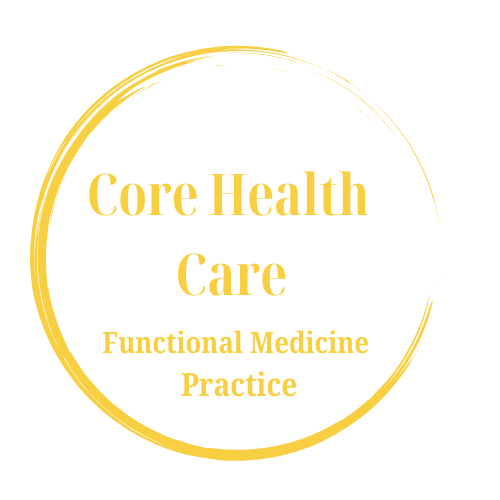- +1 (910) 775-9019
- core@corehealthcarenc.com
- 401 E. 3rd St. Suite 4, Pembroke, NC 28372
FAQs
Most Common
Question?
What is Functional Medicine?
Functional medicine focuses on finding the root cause of the patient’s health problem, rather than just managing the symptoms.
In other words, Functional Medicine is an approach to medicine that asks the questions: “Why are you sick? Why did you develop these symptoms or conditions?”
Rather than another prescription of drugs (to manage your conditions or symptoms), the Functional Medicine approach is used to address the factors that are leading to or aggravate chronic diseases.
How is Functional Medicine different from other forms of alternative medicine?
Each method in alternative medicine has its own unique approach. The Functional Medicine approach is unique in several ways:
It seeks for the CAUSE of the disease, rather than focus on managing the symptoms. For example, focusing on eliminating the factors that increase your inflammation, rather than just addressing the pain (often the result of chronic inflammation).
We focus on you (the patient), rather than just your diagnosis or condition.
It uses a comprehensive evaluation process, which includes the physical, emotional, and psychological state of the patient. Information is gathered about your current and past lifestyle and dietary choices, emotional and physical traumas, and they way your body reacted to these.
The treatment is personalized for each patient, rather than the same drug for all patients with the same disease or symptoms.
The treatment protocol might include nutritional guidelines, lifestyle changes, herbal medicine, etc.
Can Functional Medicine replace my primary care provider?
No. The Functional Medicine approach is focused on improving the patient’s health and function, but it does not replace the need for primary care.
Is it covered by insurance?
Our services are cash pay only. Medical insurance was initially designed to cover emergency care, such as surgery after an injury. It was not intended to pay for doctor visits or preventative care. To spend 1-on-1 time with you, conduct a comprehensive assessment, develop treatment protocols that are personalized to your body, and educate you – we typically need between 30 to 60 minutes. Unfortunately, many insurance companies do not allow spending extended time with patients, and many insurance companies will only cover prescription drugs or surgery.
However, most labs ordered can be filed under your insurance for possible coverage.



